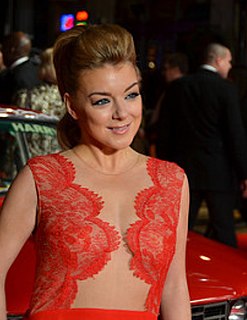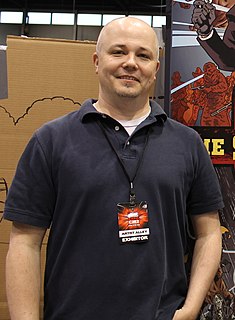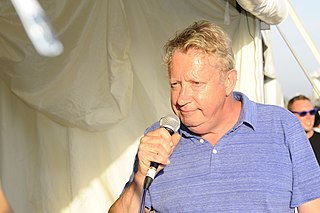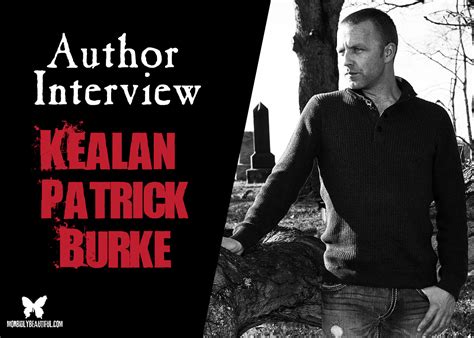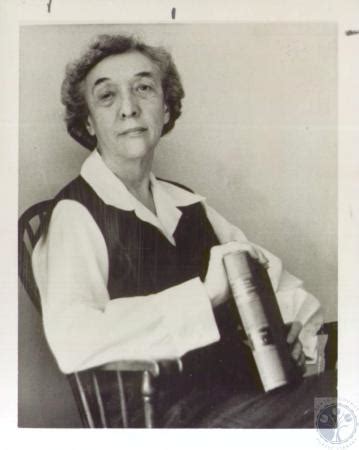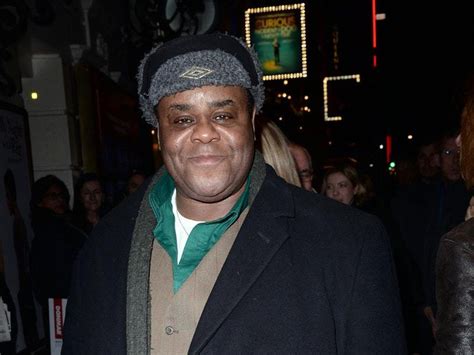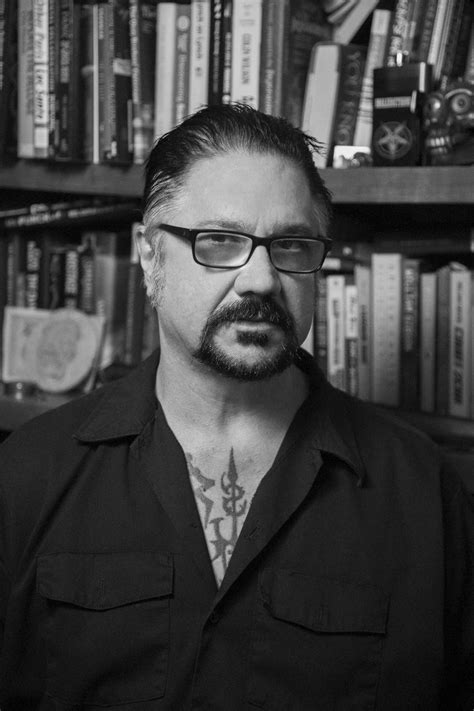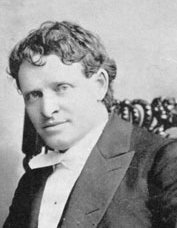A Quote by Peter Brook
The thing that I have a horror of is ideological theatre - Shakespeare never told us how to think.
Quote Topics
Related Quotes
I think American actors are much more intimidated by Shakespeare. I actually want to do this Shakespeare play in New York, but I think it's interesting that there's this gaping hole in the repertoire in the American theater, which is Shakespeare. It's hardly ever done, compared to how often it's done in other companies, not just Britain. Someone from the Roundabout Theater Company - I said, "You never do Shakespeare." And he said, "Yes, we're not very good at it." And I thought, "What a terrible thing to say.".
The definition of horror is pretty broad. What causes us "horror" is actually a many splendored thing (laughs). It can be hard to make horror accessible, and that's what I think Silence of the Lambs did so brilliantly - it was an accessible horror story, the villain was a monster, and the protagonist was pure of heart and upstanding so it had all of these great iconographic elements of classic storytelling. It was perceived less as a horror movie than an effective thriller, but make no mistake, it was a horror movie and was sort of sneaky that way.
Horror used to be one thing, and I think that's starting to broaden - there can have subgenres, and other things can be going on in a horror story. In comics, you'll never get the 'Boo' effect in a comic; you can go for mood, atmosphere and personal tragedy to build the horror elements and sense of dread.
Horror itself is a bit of a bullied genre, the antagonist being literary snobbery and public misconception. And I think good horror tackles our darkest fears, whatever they may be. It takes us into the minds of the victims, explores the threats, disseminates fear, studies how it changes us. It pulls back the curtain on the ugly underbelly of society, tears away the masks the monsters wear out in the world, shows us the potential truth of the human condition. Horror is truth, unflinching and honest. Not everybody wants to see that, but good horror ensures that it's there to be seen.
I grew up on all sorts of horror - Hammer Horror and Vincent Price's 'Theatre Of Blood.' I loved the hidden, scary layers, but there wasn't that much around for youngsters in terms of horror books. I can remember reading Stephen King's 'Salem's Lot' and 'Cujo,' but I thought there should be more for teenaged horror fans.
I didn't particularly aim to be a Shakespeare actor, but I suppose I had a certain gift or it; I certainly got offered lots of it. I liked Complicite and Shared Experience and Kick Theatre, and all the small theatre companies that were getting going. I wanted to be like that, making original theatre.
William Shakespeare was the most remarkable storyteller that the world has ever known. Homer told of adventure and men at war, Sophocles and Tolstoy told of tragedies and of people in trouble. Terence and Mark Twain told cosmic stories, Dickens told melodramatic ones, Plutarch told histories and Hans Christian Andersen told fairy tales. But Shakespeare told every kind of story – comedy, tragedy, history, melodrama, adventure, love stories and fairy tales – and each of them so well that they have become immortal. In all the world of storytelling he has become the greatest name.
This is where you first failed us. You gave us minds and told us not to think. You gave us curiosity and put a booby-trapped tree right in front of us. You gave us sex and told us not to do it. You played three-card monte with our souls from day one, and when we couldn't find the queen, you sent us to Hell to be tortured for eternity. That was your great plan for humanity? All you gave us here was daisies and fairy tales and you acted like that was enough. How were we supposed to resist evil when you didn't even tell us about it?
But Shakespeare knows what the sphinx thinks, if anybody does. His genius is penetrative as cold midwinter entering every room, and making warmth shiver in ague fits. I think Shakespeare never errs in his logical sequence in character. He surprises us, seems unnatural to us, but because we have been superficial observers; while genius will disclose those truths to which we are blind.



